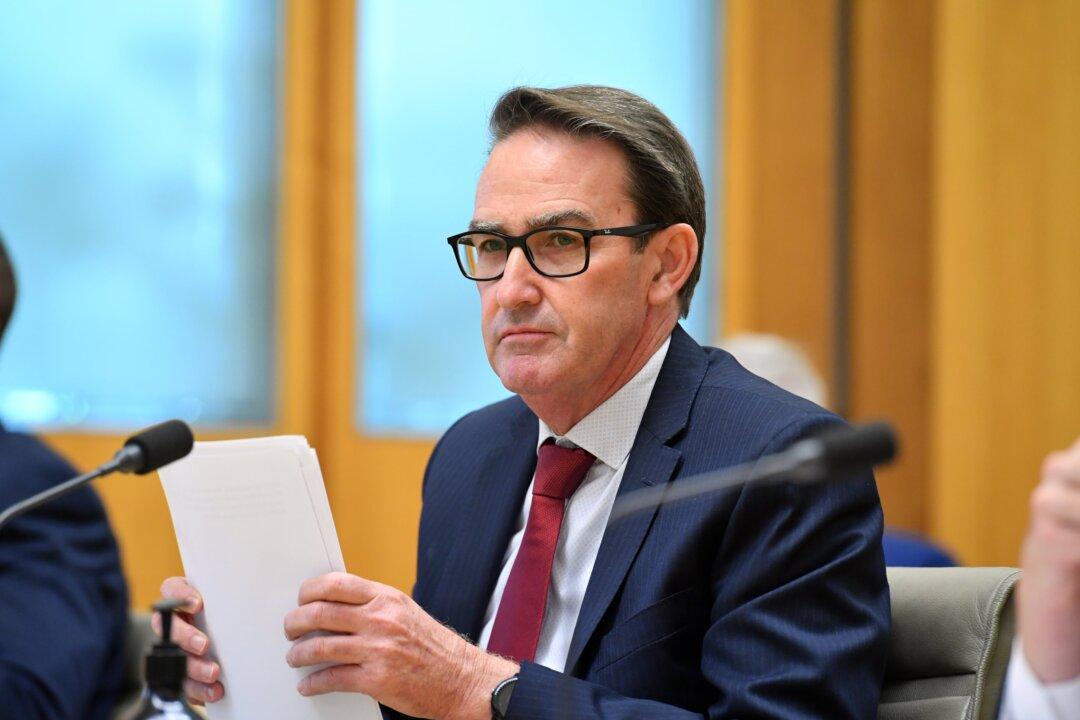Australia’s Treasury Secretary, Steven Kennedy, said early steps have been taken towards the normalisation of economic policies, but it was important to gradually reduce economic support to avoid any negative ramifications.
In his opening statement to the Senate Economics Committee, Kennedy said the sensible tapering of government support was important to achieving the goal of full employment.





